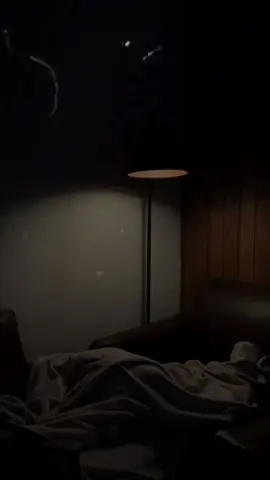travel_yuk_
Region: ID
Wednesday 08 October 2025 02:35:19 GMT
7736
192
1
39
Music
Download
Comments
muhammadaqilramadhanaput1 :
juanda sampek rumah blitar kabupaten Kanigoro ampek piro mas
2025-10-17 09:10:35
1
Mama_Muda_Anak✌️ :
Surabaya Blitar brapa kak
2025-10-08 08:49:08
1
Faiz :
kak dari Pati Jawa Tengah ke bandara Juanda berapa kak?
2025-10-16 11:49:33
1
millotortoise :
kak kudus ke bali pp berapa kak pliss jawab
2025-10-16 20:01:15
1
wiwikindriyati203 :
🥰🥰🥰
2025-10-08 10:58:22
1
To see more videos from user @travel_yuk_, please go to the Tikwm
homepage.





